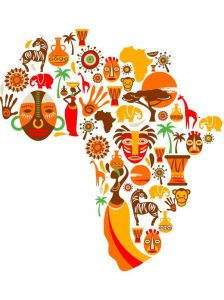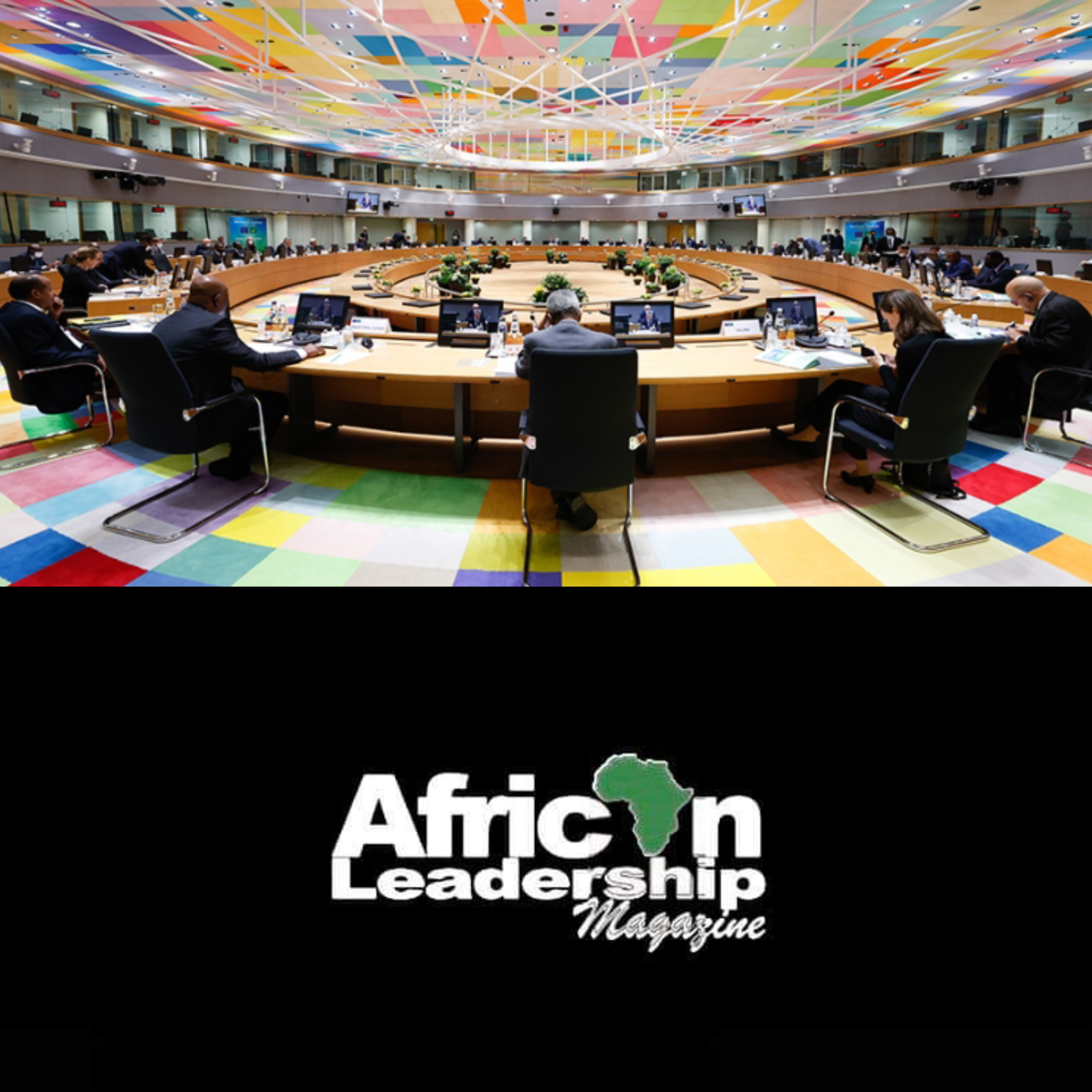Several African countries have recorded landmark successes in the diplomatic circle where they have helped in solving some thorny issues and also some ambassadors from Africa have distinguished themselves on the field and gained international recognitions and accolades. This article will discuss some of those successes Africans have made in foreign missions.
African countries, just like every other country in the world, have foreign missions which represent and safeguard the interest of the country and its citizens in the host country.
With each foreign mission comes an ambassador who manages the affairs of the mission and all that relates to it in the host country.
The primary duties of ambassadors are to maintain diplomatic relations with the host country and promote foreign policy through carefully thought-out strategies.
As no country has immunity from challenges, African countries have had their fair share of issues regarding their foreign missions which have affected the relationship between the host countries and the diplomatic missions.
However, on the other hand, there have been records of successes from several African foreign missions which have distinguished them among others.
Such uniqueness has been recorded in the area of service delivery, impactful initiatives, prompt responses and well-tailored approaches to issues affecting her citizens and host countries.
These feats could not have been achieved without the hard work, resilience and commitment of the ambassadors in charge of those embassies whose doggedness brought about the successes.
One such diplomat in Africa is the Namibian High Commissioner to the UK, Ms Linda Scott who won the 2022 African Diplomat of the year award in the UK for her outstanding work and achievements in working to improve her nation’s well being.
Linda Scott whose current sojourn in the UK began in December 2018 started her diplomatic career in 1990 when she opened the High Commission in London. She is also the High Commissioner to Malta, Greece and Northern Ireland.
She was a delegate to the United Nations and has a deep interest in conflict resolution and negotiations, which has motivated her to attend several workshops and training to become better at it, a development that has helped her in her diplomatic career over the years.
For the part of the embassies, first are the South African embassies and high Commissions.
South Africa currently has 103 embassies and high commissions as well as 96 consulates and three other representations.
While it is not a general success in all the embassies, a high percentage of them have distinguished themselves through the optimal delivery of services.
Through their activities, most of the South African embassies have established themselves as the leading African voice in the global community and with their active involvement in various international forums like the United Nations, G20 and BRICS, they have formed close partnerships and relationships with powerful nations of the world in the interest of their country and the African community at large.
With such partnerships, the country has enjoyed benefits from trade, investment, industrialisation and innovations to address the challenges of inequality, poverty and unemployment among others.
Strategically, foreign policies in which South Africa has made some considerable successes included non-proliferation and disarmament of weapons of mass destruction and conventional weapons, and also land mines.
According to the country’s Department of Foreign Affairs, South Africa’s policy of non-proliferation, disarmament and arms control forms an integral part of its commitment to democracy, human rights, sustainable development, social justice and environmental protection.
Egypt After South Africa comes the North African country, Egypt which has an extensive global diplomatic presence.
Egypt has 125 Embassies abroad as well as 30 consulates and two other representations.
Among other things, the country’s foreign missions have played key roles in promoting understanding and appreciation for Egypt’s culture.
One thing that has given Egyptian embassies some edge is its new method, the public opinion poll, through which it makes direct contact with Egyptian public opinion regarding policy issues as it affects internal and international issues for improvement.
An example of such is the Arab-Israeli conflict regional disarmament.
Furthermore, the use of its traditional relationships, with African and Arab countries, to address issues as it affects them which in turn promotes continuous consultations and widens the scope of cooperation.
In all, these two countries have done well for themselves and rank alongside other countries of the world but what then is the fate of other African countries?
Alongside, other African countries, Egypt and South Africa need to keep pushing hard to improve their current status both internally at the continental and international level such that Africa can easily become a global force to reckon with in terms of its diplomatic ties. When this is done through human-motivated and strategically thought-out policies, then the continent would have rightfully created a niche for itself in the global diplomatic circle.



